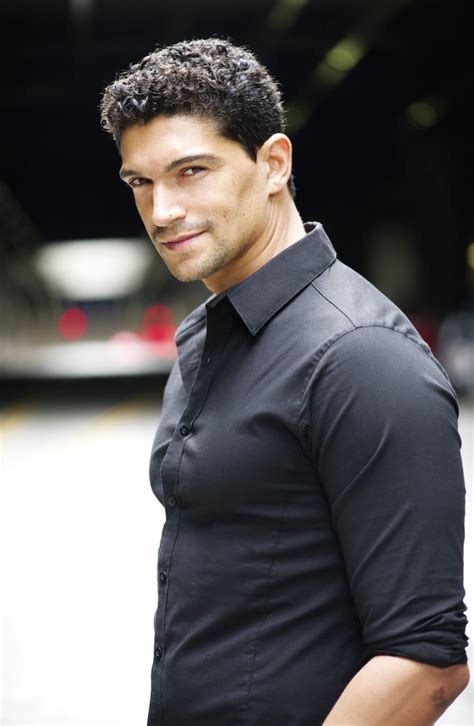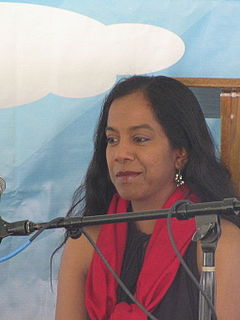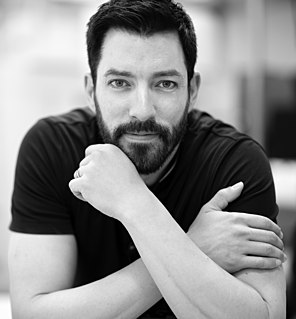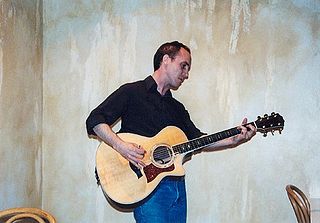A Quote by Brene Brown
Then I tell my own story. The two things that people really need to transform is language to understand their experience and to know they're not alone. It's the combination of the researcher-storyteller part.
Related Quotes
Someone asked me very recently why I have 8 million views on TED - "your work resonates, what are you doing?" What I think my contribution is, what I do well, is I name experiences that are very universal that no one really talks about. That's the researcher in me; that's really part of being a grounded theory researcher - putting names to concepts and experiences that people have. That's the researcher part.
Every once in a while someone says, 'You can't really learn anything, if you're really a writer then you wouldn't need to do it.' But I think what people need is the sense of not being alone. They go to MFA programs to be part of a community of people who care, and then you start caring about your friend who is trying to edit a magazine and your other friend who is stuck in the middle of her poem. There you have all kinds of things to worry about besides your own success.
Myths are stories for our search through the ages for truth, for meaning, for significance. We all need to tell our story and to understand our story. We all need to understand death and to cope with death, and we all need help in our passages from birth to live and then to death. We need for life to signify, to touch the eternal, to understand the mysterious, to find out who we are.
But when I say it isn't meant for anyone's eyes, I don't mean it in the sense of one of those novel manuscripts people keep in a drawer, insisting they don't care if anyone else ever reads it or not.The people I have known who do that, I am convinced, have no faith in themselves as writers and know, deep down, that the novel is flawed, that they don't know how to tell the story, or they don't understand what the story is, or they haven't really got a story to tell. The manuscript in the drawer is the story.
You have to do three things really well to make a successful film. You have to tell a compelling story that has a story that is unpredictable, that keeps people on the edge of their seat where they can't wait to see what happens next. You then populate that story with really memorable and appealing characters. And then, you put that story and those characters in a believable world, not realistic but believable for the story that you're telling.
Because I'm a performer I can justify and sometimes sell the things about me that offend and shock the conventional world. I need to live life in the fast lane. I need to do things to excess. I need to go over the edge. I have an obligation to experience the things most people can't experience. The taboos. The things you're not supposed to know or do. That's part of my job. That's why I do it. I would probably do it anyway.
This time I m not going to tell you a story. I'll just say that insanity is the inability to communicate your ideas. It's as if you were in a foreign country, able to see and understand everything that's going on around you but incapable of explaining what you need to know or of being helped, because you don't understand the language they speak there.
I really try to avoid, you know, rolling out the history. The people are so important to me, and what happens to them, how they react, how things happen to them, this is what is important. I feel that if I can tell THAT story well, then people will go and Google the rest and fill in what they need to know.
I believed even then that if I could transform my experience into poetry I would give it the value and dignity it did not begin to possess on its own. I thought too that if I could write about it I could come to understand it; I believed that if I could understand my life—or at least the part my work played in it—I could embrace it with some degree of joy, an element conspicuously missing from my life.

































